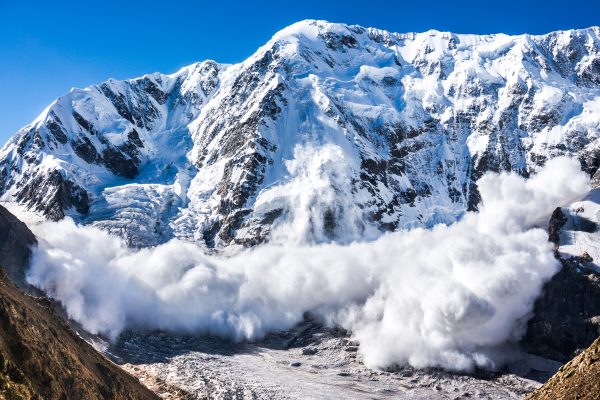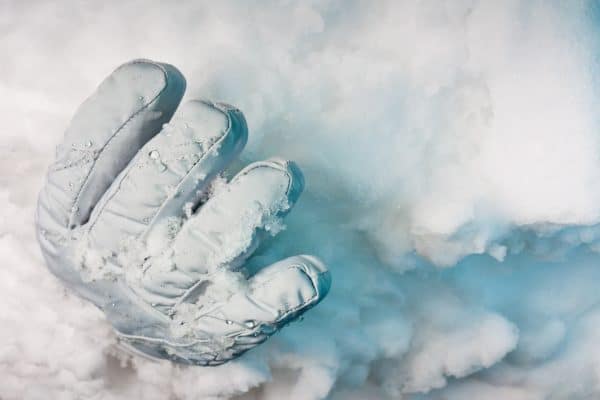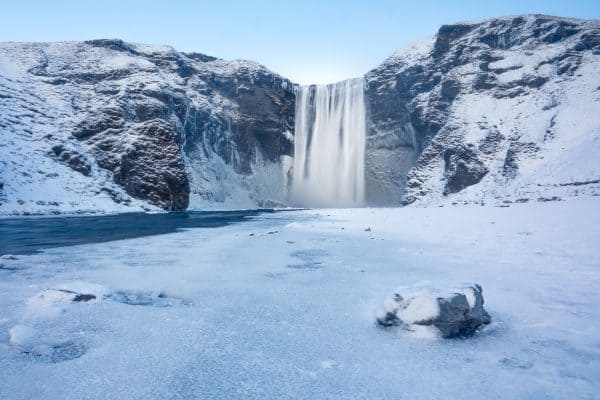When the winter season approaches, there’s no doubt that freezing temperatures and snowfall affect most of the country. A morning commute is not the only thing that’s affected by this; so is the driveway. Thus, using the appropriate sealer can ensure the safety of anyone using the pavement in cold winter conditions. This sparks a question in mind- what happens if the driveway sealer freezes? We’ve researched everything there is to know about driveway sealer and here’s what experts say.
A driveway sealer is useful because it protects the topmost layer of the concrete from damage during sharp temperature changes. However, once frozen, the material would lose its effectiveness. It loses the capability to adhere to the surface of the pavement. Rendering the material unsuitable for seal coating purposes.
Experts advise to always follow precautionary measures and select the best type of driveway sealer that would be compatible with the type of pavement. Continue reading to learn more about the effects of freezing on a driveway sealer.
NOTE: WE MAY GET A COMMISSION IF YOU DECIDE TO MAKE A PURCHASE THROUGH THESE LINKS. THERE'S ADDITIONAL NO COST TO YOU. CHECK THE BOTTOM OF THE PAGE FOR MORE INFORMATION.
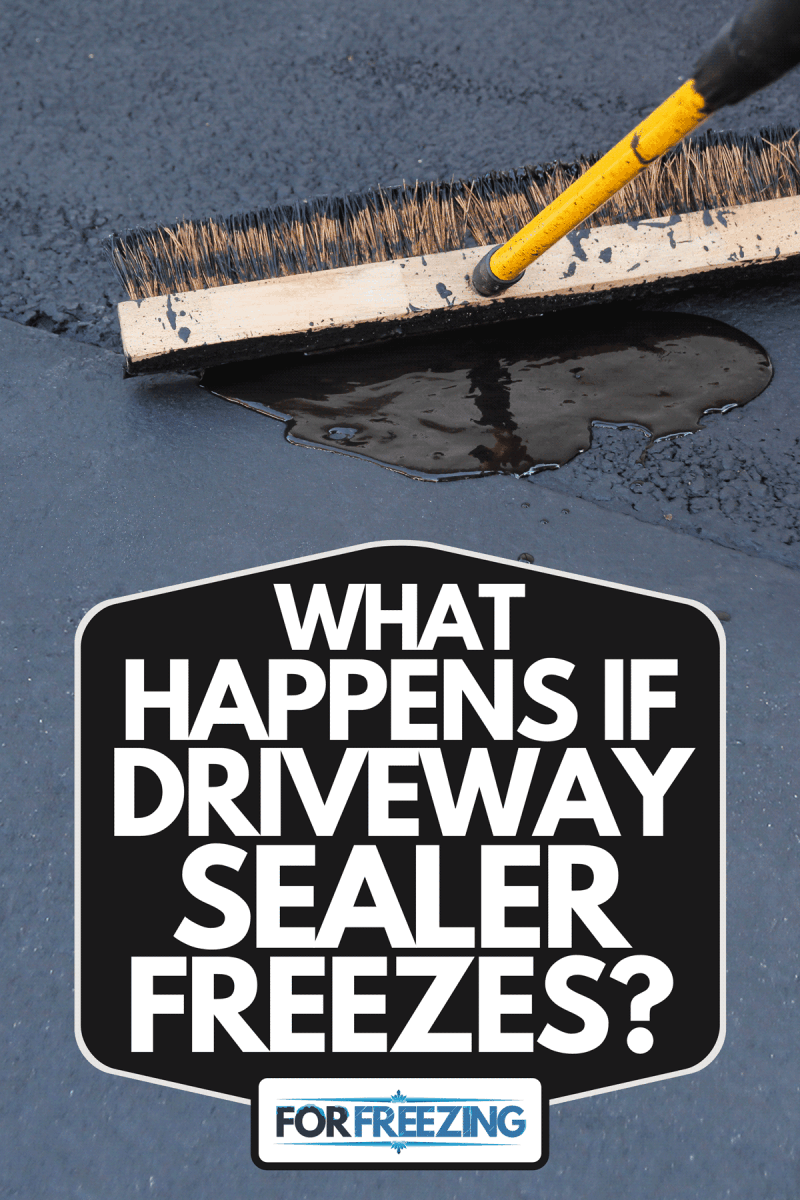
Can you use a driveway sealer after it freezes?
A frozen driveway sealer is not usable for seal coating the pavement. When the material is exposed to freezing temperatures, it eventually loses the bonding capability to properly adhere. In addition, it would partially bind itself to the pavement, allowing moisture to enter in those small gaps.
It is advisable to render the sealer unusable and disposition must be carried out right away. Driveway sealer is considered to be a household hazardous waste. If any sealer remains in the container, the container must be brought to an Eco-Depot household hazardous waste collection event for proper disposal. If the bucket is empty of sealer, it should be thrown in the trash.
Can concrete sealer freeze?
A concrete sealer is a kind of chemical mixture that contains ingredients of chemical sealant suspended in either water or chemical solvent substances. The chemical sealant is a mixture of silicate-based compounds and other ingredients. This compound would only wear if the concrete erodes or disintegrates.
The concrete sealer must not be subjected to freezing storage conditions. A frozen concrete sealer would be less effective because the particles of the chemical sealant would not completely bind to the pavement. Moreover, the material could erode and potentially detaches itself from the concrete.
To effectively maximize the efficiency, sealers have to be stored and applied at an ideal temperature range. The best time to do seal coating is when temperatures are within 70 degrees Fahrenheit, conditions are sunny, and humidity is low. It is important to block off your driveway so that it decreases the chance that your project might be ruined. Furthermore, if you would want to apply a second coat, you should ensure that the first coat is thoroughly dried and cured before pouring the secondary sealant.
How cold is too cold to seal the driveway?
Hoping to get in a last-minute project of seal coating your driveway? You can do this! However, the cold condition may affect the quality of the seal coat. Surprisingly, you can still do a cold-weather sealing, provided that the temperature would not dip below 50 degrees Fahrenheit.
When the temperature dips below this range, what would transpire is that the coating may dry but the water seal coat material freezes. This phenomenon decreases the bonding and adherence of the seal coat to the pavement. Furthermore, it could lead to seal coat disintegration and peeling.
It is advisable to conduct the seal coating during the warm and sunny season because it decreases the curing time necessary for effectively drying the coat. On the other hand, cold condition sealing will take a longer time to cure.
How to prevent Driveway sealer from Freezing
Proper storage of driveway sealer is a perfect way to keep it from freezing. The sealant must be kept in a dry and warm storage area. Buying the exact amount of what you must consume is important so you'll have just a little seal coat leftover. It is essential to ensure that your estimated amount must be precise so that you don't have to worry about the sealant running out.
Temperature plays a crucial role in preventing driveway sealers from freezing. The temperature condition must be maintained so that the sealer lifespan is preserved. No matter what happens, you must protect the sealant against freezing temperatures. You don't have to end up with a frozen sealant that is useless to you. Keep in mind to ensure that the storage temperature is between 45 degrees Fahrenheit to 50 degrees Fahrenheit all season long.
What temperature does it have to be to seal your driveway?
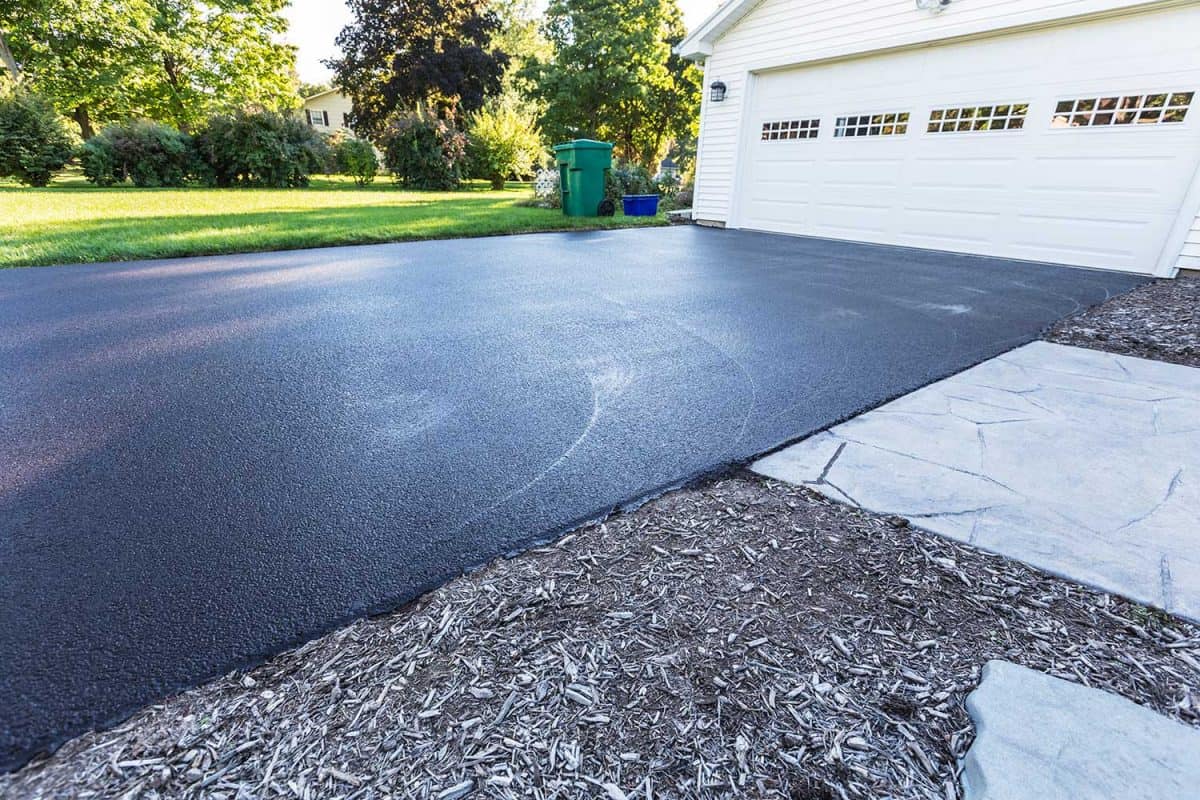
The ideal temperature range for applying a seal coat is during the day when pavement and ambient temperatures are at least 50 degrees Fahrenheit and above. No rain and moisture must precipitate over the seal coat during the curing process. The curing time would be a minimum of 24 hours.
When the ideal temperature ranges are not attained during the process, it would lead to a low-quality seal coat. Temperature below the standard limit of 50 degrees Fahrenheit, would render the material have a difficulty in adhering to the pavement. This would cause poor adhesion and would allow the seal coat to come off more quickly.
When should you not seal your driveway?
You should seal the driveway once or twice a year to preserve the pavement longer. This process strengthens the bond between the sealer and the asphalt. Moreover, it is essential to always inspect the driveway for any form of discoloration because it is a clear indicator that it needs reapplication.
It is important to note that during winter conditions, it is a no-go to conduct seal coating of the driveway. Because during this weather condition, the evaporation rate of water slows down as temperature decreases. This phenomenon increases the curing time and drying rate of a driveway sealer.
Other factors that will slow down curing time are high humidity, overcast conditions, and a dew point within 5 degrees of the temperature. When a pavement sealer absorbs water, it will stay soft and be more vulnerable to peeling. It is vital that the weather conditions are just optimum so that the seal coating result would be good.
How long is the driveway sealer good for in the container?
Driveway sealer should be used within 1 year of purchasing. As long as the product is protected from freezing and stored at a temperature of 50 degrees Fahrenheit and above it should be okay. Always ensure that the storage conditions for the driveway sealer are warm enough to keep it from freezing during cold weather conditions.
Driveway sealer usually does not expire but it could go bad if storage conditions are not fair enough. One way to detect if the sealer turns bad is by opening the container. If the driveway sealer looks and smells good, it should be okay. However, if the sealant emits a strange odor and the sealant is not viscous enough, it is a clear indicator that the material is bad.
Final thoughts
The freezing temperature renders the driveway sealer unusable for seal coating the pavement. As long as the temperature would not dip below 50 degrees Fahrenheit, it should effectively bind to the surface of the pavement. Keep in mind to store the sealer at ambient temperature so that when winter comes, your car would be able to traverse the driveway safely.

